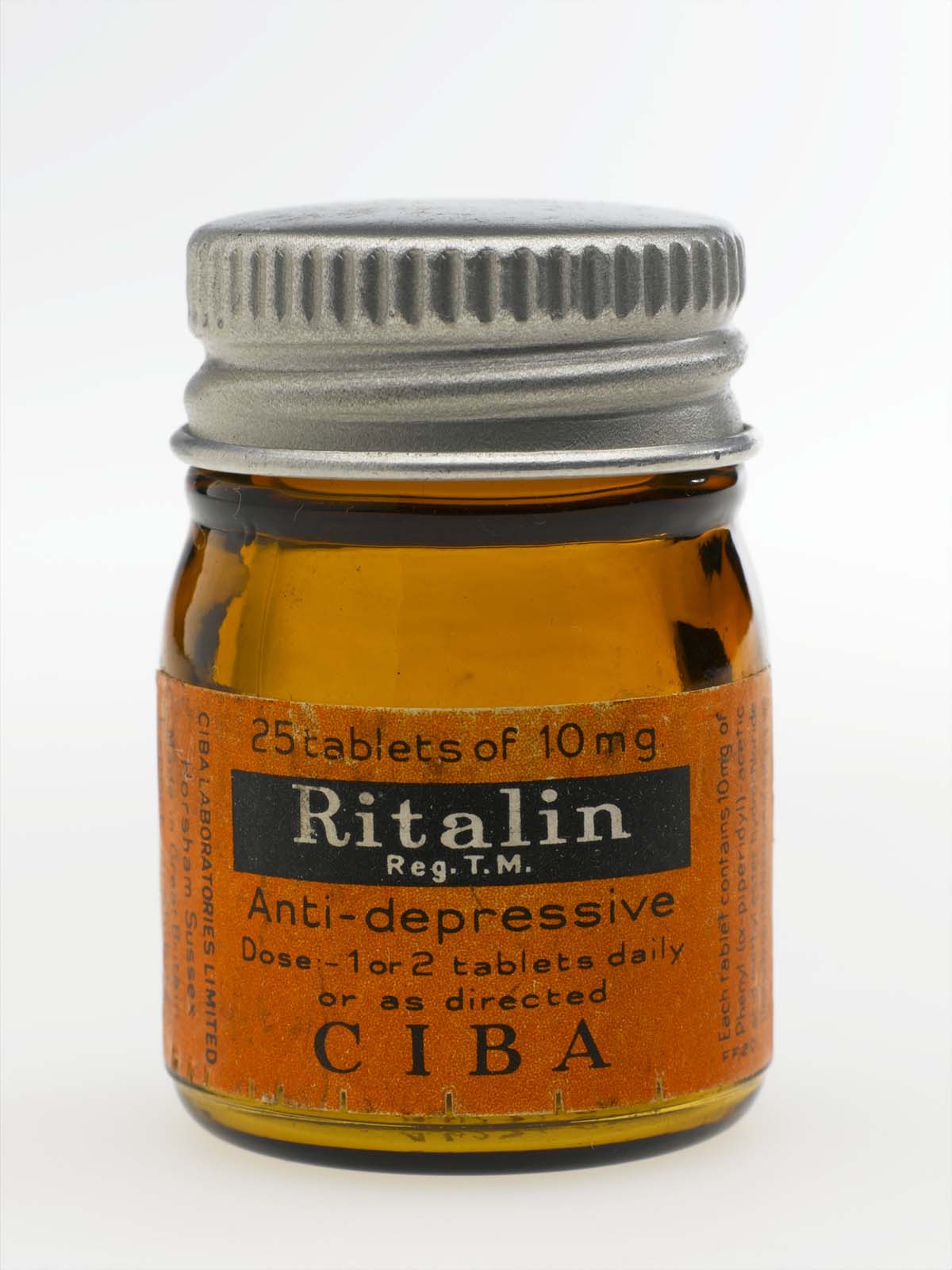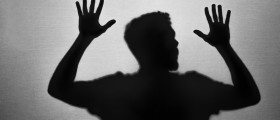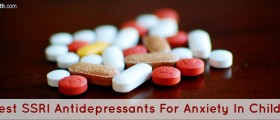Dysthymia as a Form of Depression
Dysthymia is a chronic but mild form of depression which often begins in childhood or early adulthood.
However, calling the depression “mild” is somewhat misleading, since it can last for many years and is just as serious as a more acute bout with depression such as clinical depression.
Dysthymia, however, is treatable.
Some of the symptoms are very similar to those of major cases of depression, such as being in a sad mood, having trouble sleeping,losing one’s appetite, feeling worthless or hopeless, thinking about suicide,anxiety, having trouble moving, being sensitive to fear or rejection, being irritable or angry, and having unexplained pains.
Often people who suffer from this tend to use alcohol or illegal drugs to help them, but this is not a solution.
Dysthymia Risk Factors
Dysthymia can effect both men and women, but it is more common in women, just like a case of major depression.
Dysthymia does not discriminate as far as age is concerned.
- A longitudinal prospective study revealed that 76% of dysthymic children develop major depression, and 13% develop bipolar disorder over follow-up periods of 3–12 years.
- In the other study, it should be noted that around 75% of people with dysthymia meet the criteria for at least one major depressive episode, and this combination is referred to as double depression.
- Persons with dysthymia who have major depressive episodes tend to suffer from depression for long periods and spend less time fully recovered. In a 10-year follow-up study of persons with dysthymia, 73.9% showed recovery from dysthymic disorder, with a median time to recovery of 52 months, but the estimated risk of relapse into another period of chronic depression including dysthymia was 71.4%, most commonly within three years.
- The best treatment for dysthymia appears to be a combination of psychotherapy and medication. The positive clinical response to medications like selective serotonin reuptake inhibitors (SSRIs), serotonin norepinephrine reuptake inhibitors (SNRIs), and tricyclic antidepressants (TCAs) suggests that serotoninergic and noradrenergic systems involve the mechanism of dysthymia.
- A systematic review of antidepressant treatment for dysthymia suggests that SSRIs, TCAs, and monoamine oxidase inhibitors are all equally effective, but SSRIs may be slightly better tolerated. Success has also been reported with more noradrenergic agents, such as mirtazapine, nefazodone, venlafaxine, duloxetine, and bupropion. Second-generation antipsychotics showed beneficial effects compared to placebo for major depressive disorder or dysthymia, but most second-generation antipsychotics have shown worse tolerability, mainly due to sedation, weight gain, or laboratory data abnormalities such as prolactin increase. Some evidence indicated beneficial effects of low-dose amisulpride for dysthymic people.
- Psychotherapy and medication are both effective treatment modalities for dysthymia and their use in combination is common. There are many different types of psychotherapy, including cognitive behavioral therapy, psychodynamic, and insight-oriented or interpersonal psychotherapy, which are available to help persons with dysthymia.
Treatment for Dysthymia
Since it is a chronic form of depression, the treatment is longer than the treatment for major depression. Usually, talk therapy is considered the best treatment. However, more studies have been showing that antidepressants are very good at treating it.
However, the two should be combined for the best results because the medication often does not work if the person cannot talk about the problem with someone and make personal connections.
When antidepressants are prescribed for dysthymia, the treatment can last for up to five years. Usually the treatment for major depression lasts in between six and 18 months.
Selective Serotonin Reuptake Inhibitors (SSRIs) have fewer side effects than older types of depression medications like MAOI and TCA.However, they do have some side effects.
It is important to not start taking such medication without first consulting a doctor. And it is important to take the medication regularly and to not stop, because a relapse is very probable if the person stops before he or she is supposed to.
Even though a family’s primary doctor can prescribe the medication, it is recommended to go see a psychiatrist because they know how the medication works better than anyone.
Finding the best medication for this kind of depression needs a trial-and-error test method, because every person is different and every kind of medication reacts differently from person to person.



-Signs,-Symptoms,-Treatment-And-Prevention_f_280x120.jpg)









-Uses%2C-Side-Effects-And-Risks_f_280x120.jpg)




Your thoughts on this
Loading...